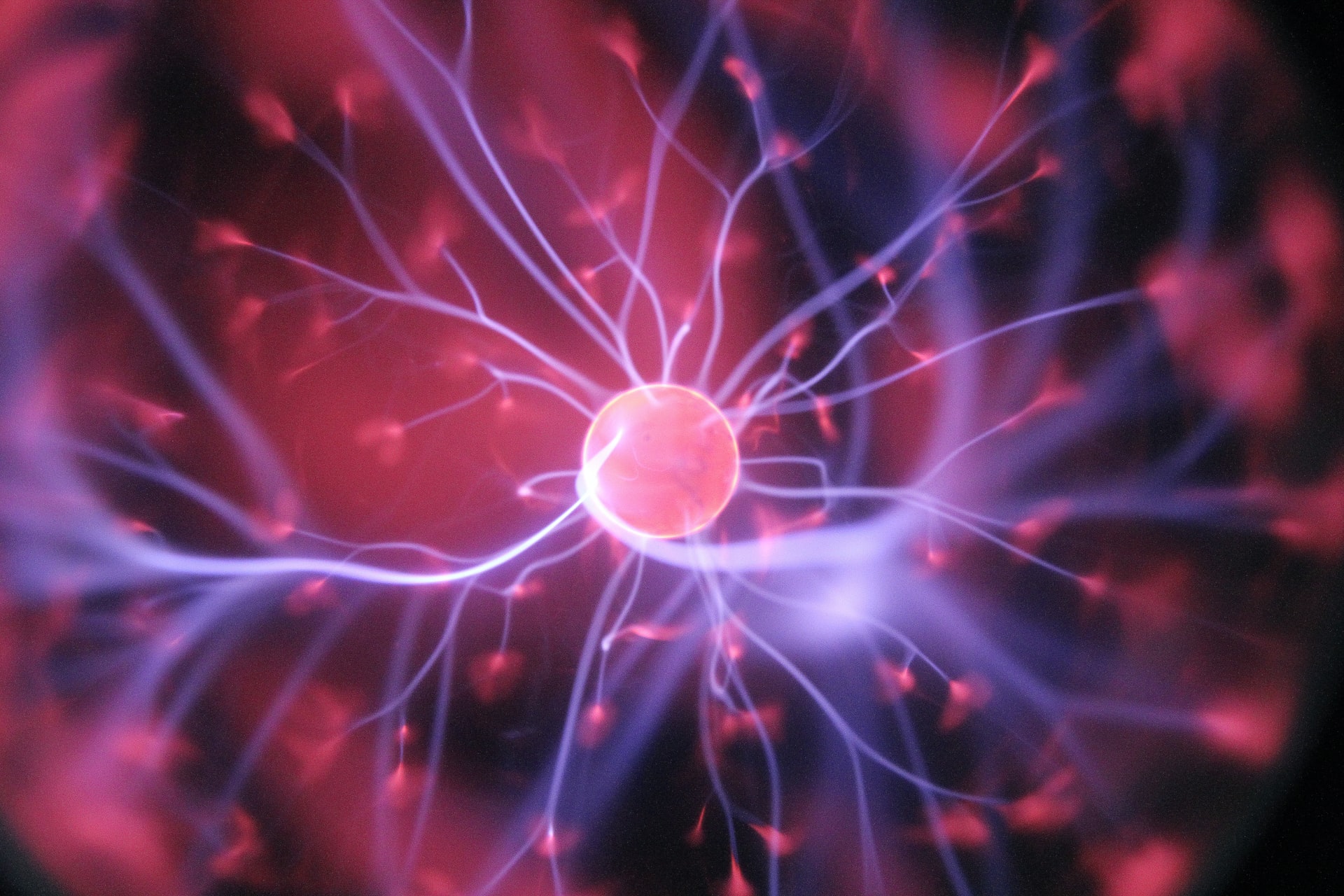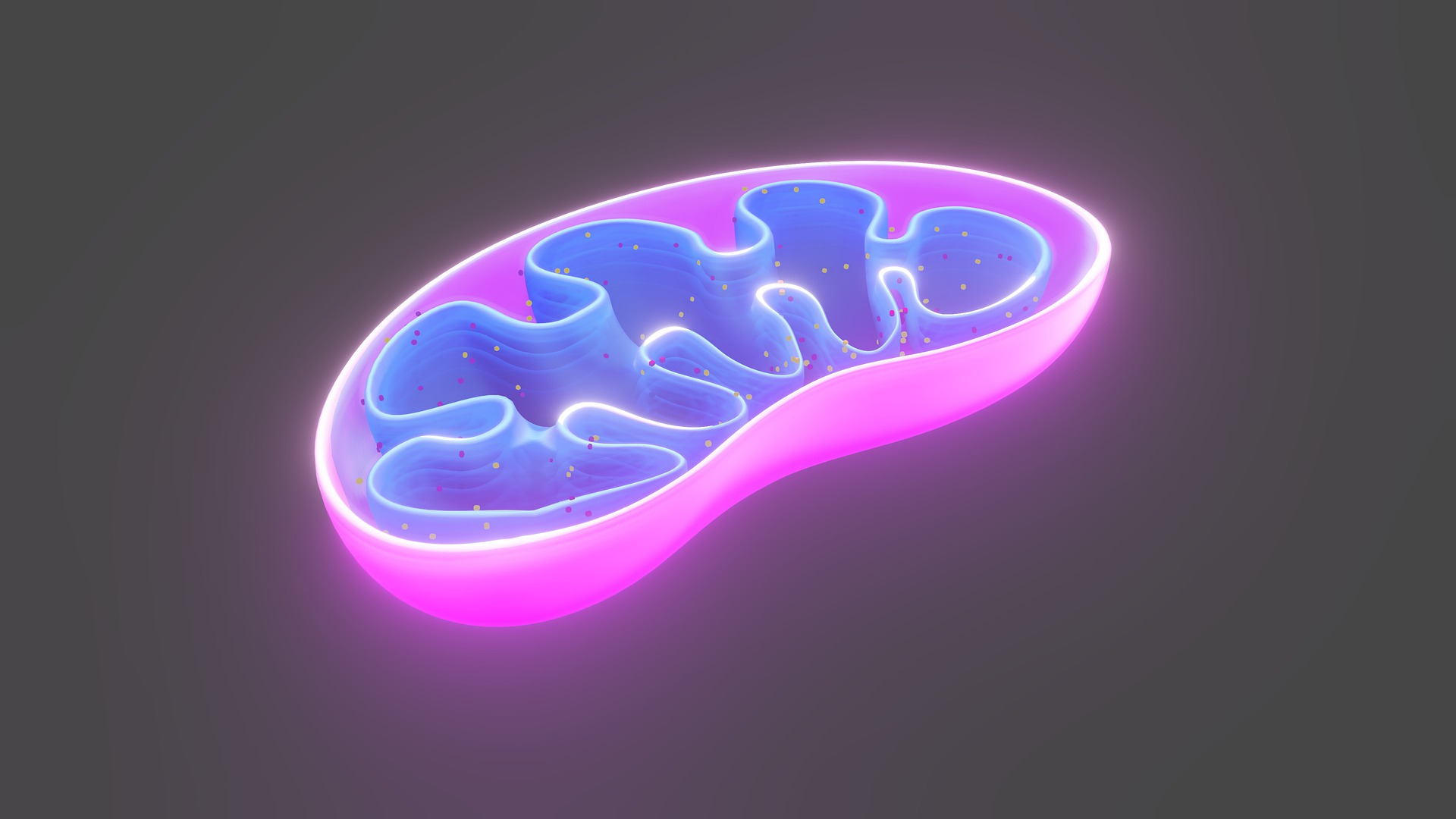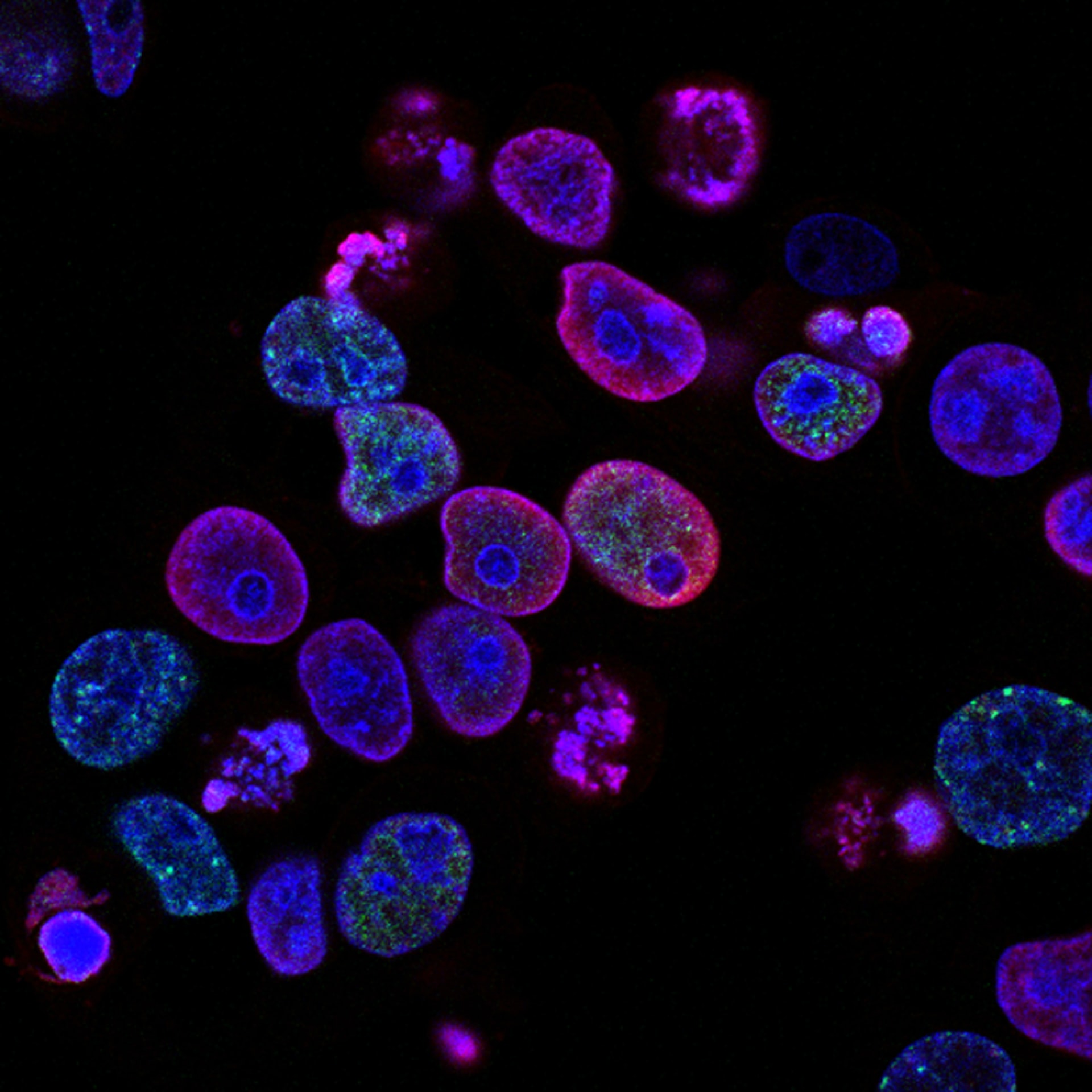There is a thin line between the state of consciousness and un-consciousness. In fact, daily we change between these two states as we wake up from our sleep. The human mind is marvellous but it is a store house of myths and facts, perceptions and beliefs.
The state of consciousness can be defined as the level of awareness that we experience on a daily basis. This can range from being fully conscious and aware to being in a semi-conscious or unconscious state, depending on our experiences and activities. The human mind is truly incredible, as it is a storehouse of myths and facts, perceptions and beliefs. However, navigating this complex landscape can be challenging at times, as there are many factors that influence our thoughts and behaviors. Ultimately, cultivating awareness and mindfulness is essential to maintaining our state of consciousness. By gaining a deeper understanding of the complexities of the mind, we can learn to navigate its inner terrain more skilfully and effectively.
There are many different states of consciousness that we can experience, each with its own unique characteristics. For example, when we are in a deep sleep, we are in a state of unconsciousness where we are not aware of our surroundings or what is happening around us. In contrast, when we are wide awake and alert, we are in a state of full consciousness where we are fully aware of our surroundings and everything that is happening around us. There are also states of consciousness that fall somewhere in between these two extremes, such as being in a dream state or a meditative state.
It is important to note that our state of consciousness can change from moment to moment, depending on our experiences and activities. For instance, if we are engaging in a challenging mental task, we may enter into a state of heightened concentration or focus. Alternatively, if we are relaxing or resting, our level of consciousness may decrease as we drift off into sleep. Ultimately, our state of consciousness is constantly shifting and changing, depending on the circumstances.
There are many factors that can influence our state of consciousness. For example, our diet, sleep habits, and level of stress can all impact the way we think, feel, and behave. Additionally, certain substances such as alcohol or drugs can also alter our state of consciousness. It is important to be aware of these factors so that we can make choices that support our well-being and promote a healthy state of mind.
Cultivating awareness and mindfulness is essential to maintaining our state of consciousness. By gaining a deeper understanding of the complexities of the mind, we can learn to navigate its inner terrain more skilfully and effectively. In doing so, we can create more balance and harmony in our lives and experience a greater sense of well-being. When we are wakeful docent mean that we are conscious. We can be in different levels of consciousness when we are awake. The three most common states of consciousness are:
-
Alpha state: This is a state of relaxation and calmness. In this state, we may feel drowsy or even fall asleep.
-
Beta state: This is a state of mental alertness and focus, where we are able to engage in complex cognitive tasks such as problem-solving or decision-making.
-
Theta state: This is a deeply meditative and creative state of mind, often associated with increased intuition and creativity.

The key to maintaining a healthy state of consciousness is to cultivate awareness and mindfulness.
Having our mind tuned to the alpha state, for example, can help us to relax and reduce stress. On the other hand, consciously shifting into a beta state can help us to focus on our work or studies more effectively. And practicing mindfulness meditation or other forms of mindful awareness can help us to stay present in the moment, even amidst distractions or challenging circumstances.
Ultimately, cultivating awareness and mindfulness can help us to better manage our internal experiences and external circumstances, leading to greater happiness, fulfilment, and well-being. So, whether we want to improve our focus, productivity, creativity, or simply feel more relaxed and at peace with ourselves, cultivating awareness and mindfulness may be the key ingredient that we are looking for.
There are many different techniques that can be used to cultivate mindfulness and awareness. One popular method is mindfulness meditation, which involves sitting quietly and focusing on our breath, thoughts, and emotions without judgment or attachment. Other methods include yoga, tai chi, qigong, and walking meditation. Experiment with different techniques and find the ones that work best for you. Through regular practice, you may find that your state of consciousness becomes more balanced and harmonious, thereby bringing greater happiness, peace, and well-being into your life.
This is a very interesting topic, and there are many different ways in which we can cultivate awareness and mindfulness. One approach that I have found to be particularly effective is to practice mindfulness meditation. In this type of meditation, we focus on our breath, thoughts, and emotions without judgment or attachment. By doing so, we can learn to stay present in the moment, even amidst distractions or challenging circumstances. Additionally, mindfulness meditation can help us to better manage our internal experiences and external circumstances, leading to greater happiness, fulfilment, and well-being. So, if you are interested in exploring this topic further, we highly recommend that you give mindfulness meditation a try.
There are many different techniques that can be used to cultivate mindfulness and awareness. One popular method is mindfulness meditation, which involves sitting quietly and focusing on our breath, thoughts, and emotions without judgment or attachment. Other methods include yoga, tai chi, qigong, and walking meditation.
The theta state of mind is a deeply meditative and creative state, often associated with increased intuition and creativity. The key to maintaining a healthy state of consciousness is to cultivate awareness and mindfulness. Experiment with different techniques and find the ones that work best for you. Through regular practice, you may find that your state of consciousness becomes more balanced and harmonious, thereby bringing greater happiness, peace, and well-being into your life.
To know mare please contact your health care practitioner.


